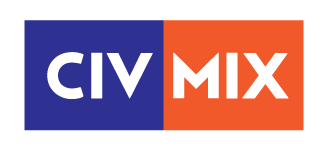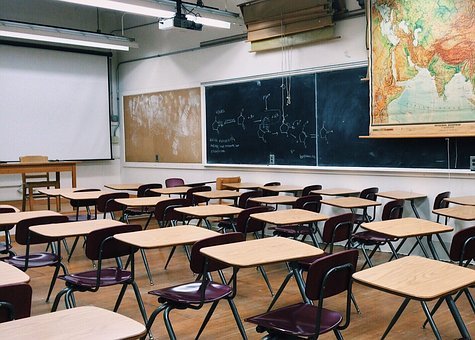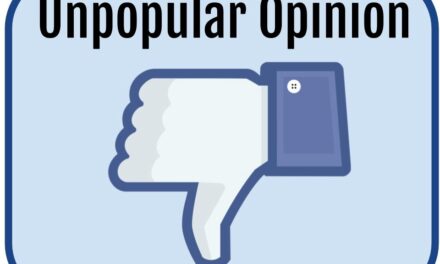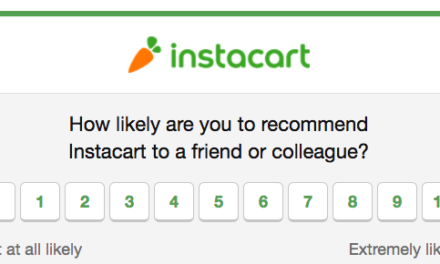One of my nieces recently had to quarantine due to a possible exposure to COVID-19 at her school. But when her grandmother found out that she missed assignments, she cracked the whip (figuratively) to get them all done and get my niece “caught up”.
Let’s face it, parents are engaged in a crazy pandemic balancing act, trying to manage work, school, stress and life all at once. Things fall through the cracks.
I thankfully don’t have any school-age children to battle virtual/homeschooling with, but I can’t imagine what parents are going through as more schools are going remote yet again. After the occasion with my niece, I started to think about what I would have done in that situation.
I was a (nearly) straight-A student my whole academic life. I attribute this to strict parents who drilled me in all subjects, in addition to the work at school with my teachers. I took this work ethic to college with me, earning honor roll placement, enrollment in honors societies, and academic scholarships to continue my education. I wasn’t a nerd, but I worked very hard to earn that 4.0 status. I also had perfect attendance – yes, even in college.
I took pride in my work because I was one of those 80s kids who was told that you needed to do well in school in order to make something of yourself and be, well, essential to the inner workings of society.
Enter the pandemic. What are those “essential” jobs now? None that I studied for.
If my son were older and in this situation that so many of our kids are, I see myself pushing him just as hard as my parents pushed me. I see myself agonizing over missed assignments, reviewing math and spelling, and still making that volcano to explain that phenomenon.
Then I came across this post on Facebook by former Voorhessville School District Superintendent Dr. Teresa Thayer Snyder, which has been shared over 6.7 THOUSAND times, with hundreds of more people copying and pasting it. It completely changed my outlook on this new way of pandemic learning – and learning in general.
I couldn’t say it any better myself, so here I share her thoughts, with permission:
Dear Friends and Colleagues:
I am writing today about the children of this pandemic. After a lifetime of working among the young, I feel compelled to address the concerns that are being expressed by so many of my peers about the deficits the children will demonstrate when they finally return to school. My goodness, what a disconcerting thing to be concerned about in the face of a pandemic which is affecting millions of people around the country and the world. It speaks to one of my biggest fears for the children when they return. In our determination to “catch them up,” I fear that we will lose who they are and what they have learned during this unprecedented era.
What on earth are we trying to catch them up on? The models no longer apply, the benchmarks are no longer valid, the trend analyses have been interrupted. We must not forget that those arbitrary measures were established by people, not ordained by God. We can make those invalid measures as obsolete as a crank up telephone! They simply do not apply. When the children return to school, they will have returned with a new history that we will need to help them identify and make sense of. When the children return to school, we will need to listen to them.
Let their stories be told. They have endured a year that has no parallel in modern times. There is no assessment that applies to who they are or what they have learned. Remember, their brains did not go into hibernation during this year. Their brains may not have been focused on traditional school material, but they did not stop either. Their brains may have been focused on where their next meal is coming from, or how to care for a younger sibling, or how to deal with missing grandma, or how it feels to have to surrender a beloved pet, or how to deal with death.
Our job is to welcome them back and help them write that history.
I sincerely plead with my colleagues, to surrender the artificial constructs that measure achievement and greet the children where they are, not where we think they “should be.”
Greet them with art supplies and writing materials, and music and dance and so many other avenues to help them express what has happened to them in their lives during this horrific year. Greet them with stories and books that will help them make sense of an upside-down world.
They missed you. They did not miss the test prep. They did not miss the worksheets. They did not miss the reading groups. They did not miss the homework. They missed you.
Resist the pressure from whatever ‘powers that be’ who are in a hurry to “fix” kids and make up for the “lost” time. The time was not lost, it was invested in surviving an historic period of time in their lives—in our lives. The children do not need to be fixed. They are not broken. They need to be heard. They need to be given as many tools as we can provide to nurture resilience and help them adjust to a post pandemic world.
Being a teacher is an essential connection between what is and what can be. Please, let what can be demonstrate that our children have so much to share about the world they live in and in helping them make sense of what, for all of us has been unimaginable. This will help them– and us– achieve a lot more than can be measured by any assessment tool ever devised.
Peace to all who work with the children!
Now take a beat and let that sink in for a minute.
I spoke to Dr. Snyder. She said that she was initially motivated to write down her thoughts after seeing a well-known educator on TV, lamenting about the losses our children will suffer. But she personally feels that the next phase of learning for our children is to “help them process what’s happened to them.”
Dr. Snyder says she has been overwhelmed by the response to her post. Parents are responding with what Snyder describes as a sigh of relief. They’ve been given permission as to not only ease up a little on their children, but also on themselves.
She has received comments of thanks and praise from other countries as well, which required the assistance of a translator to read. Dr. Snyder said she’s really surprised at how far her words traveled around the globe, though this is, after all, a global pandemic.
There have, of course, also been some comments from nay-sayers, who felt that Dr. Snyder’s approach is too “soft and squishy,” and that our children are doomed to fail if they don’t keep up.
Dr. Snyder says that we have a responsibility as educators and parents to allow kids to make sense of the world around them. “They have to process what they’ve experienced, or there’s no moving forward,” she explains.
Dr. Snyder suggests, and mentions in her post, that we need to allow children to explore their creative sides to help them with this processing. Unfortunately, however, music and art are often the first items to be cut from the curriculum during times of fiscal stress because they’re seen as a sort of extra frill. Not so, says Dr. Snyder. In fact, these subjects are an important “venue to get (students) to learn.”
As we’ve seen, many schools, elementary, and college level, have already been having to cut such programs (and many others) due to budget cuts and a reduction in state funding.
Dr. Snyder posted her thoughts in early December, but it wasn’t until now that word spread to the district in which she used to work.
Snyder had a 40-year career in education. As superintendent for the Voorheesville School District, she helped the elementary school earn the title of Exemplary and High Performing Blue Ribbon School from the U.S. Department of Education. In 2016, she earned the University at Albany Alumni Association’s Excellence in Education Award.
I have put so much emphasis on book-learning my whole life, that I sometimes – and clearly now – forget that there is so much more to learning. I’m not saying, “the hell with school,” and let our kids watch TV until they’re zombies. Instead, let’s listen a little bit more to our children. We’re so busy focusing on the tactical measurements of completed assignments that we might be losing sight of what’s really important.




